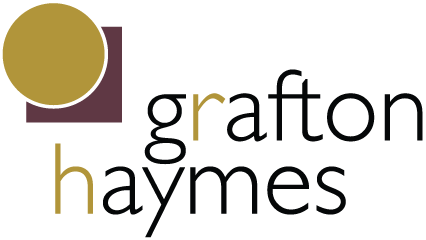A recent report in People Management has indicated that the Business secretary has welcomed progress on gender representation.
The proportion of women on the boards of the UK’s top companies has risen to 19 per cent, according to latest figures.
This marks an increase from 17.4 per cent in May and showed promising progress, said business secretary Vince Cable.
The government has set a voluntary target of filling 25 per cent of boardroom positions in the FTSE 100 with women by 2015. This move followed the publication of the Davis Report in February 2011, at which time the figure was only 12.5 per cent.
“I’m glad the number of women at the top of our most successful companies continues to rise,” said Cable. “Businesses are clearly still striving to get the right mix of talent around their boardroom table and we must not lose that momentum.”
“We have until 2015 to reach our target of 25 per cent of women on the boards of listed companies which Lord Davies set us two years ago. With today’s encouraging figures, I am confident we can get over the finish line.”
But the latest statistics from the Professional Boards Forum BoardWatch showed that while the proportion of female non-executive directors had risen to 23.8 per cent, the share of executive directors had only increased to 6.1 per cent.
Cable added: “Appointing more women as non-executive directors is not an end in itself. This is about more talented women getting executive experience, so that they will not only advise, but run this country’s great companies.”
Today’s figures revealed that drinks company Diageo topped the table for the proportion of female board members, at 44 per cent, followed by Unilever at 36 per cent.
There are now six remaining FTSE 100 companies with no women on their boards: Antofagasta, Croda, Glencore Xstrata, London Stock Exchange Group, Melrose and Vedanta Resources.
To reach the UK’s overall target of 25 per cent, FTSE 100 companies need to appoint 66 more female directors in the next two years.
Lord Davies said that the goal was “rightly ambitious” but that the figures were heading in the right direction.
“Businesses are making real efforts to find and appoint capable women to their boards and I will continue to champion their efforts. We have now moved to a place where it is unacceptable for the voice of women to be absent from the boardroom.
Meanwhile, employment minister Jo Swinson has backed the possibility of equal pay audits and encouraged female employees to find out how much their male colleagues are paid.
“I think sometimes there’s something very British in our culture where we don’t talk about money, and I think that holds women back,” said Swinson.
“If they realised they were earning significantly less than male colleagues at a similar level, that might be the catalyst they need to ask for a pay rise,” she told Elle magazine, which is running a campaign on women’s pay.
Swinson added that the gender pay gap was still too wide in the UK and that imposing equal pay audits could be part of a future solution.
